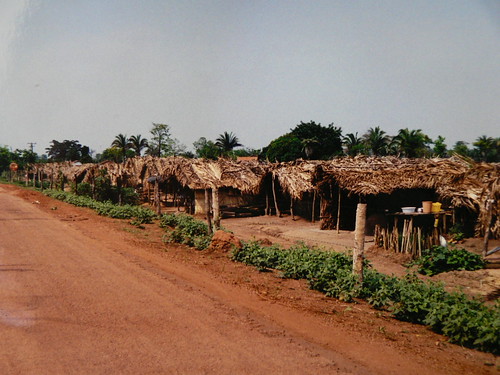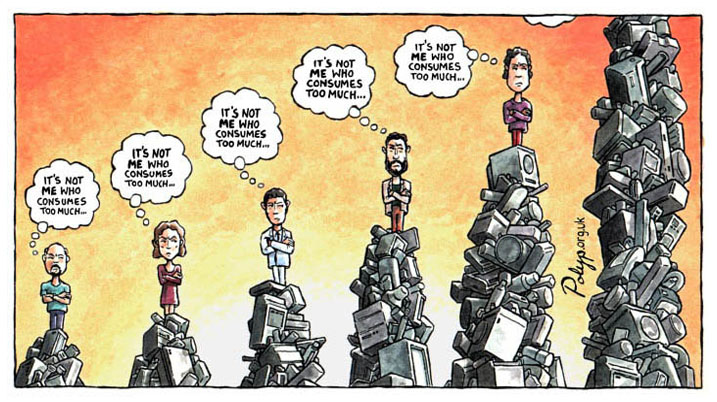
I've just had the pleasure of reading Cider with Rosie for the first time. Like everybody else I'm amazed I never had the opportunity before - it was a school favourite everywhere except my school, it appears. The explanation must be to do with my Victorian schoolmistresses fears about the possibile influence on tender minds of the scene under the hay wagon. They clearly felt that the face-slashing reality of Brighton Rock was more suitable for pre-pubescent girls.
For whatever reason I'm glad that this gem has been saved for my middle years and now comes to me at around the same age Laurie Lee was when he wrote the book - and very nearly in the same place as well. The village of Slad is only a couple of miles up the road from where I'm writing this. And I have been spared the stifling, smelly, repressive atmosphere of school as a permanent association with the book.
Everything about Lee's writing is rich, as is the childhood he describes. People who live around here and who knew the author and still know his widow tell you that it isn't realistic. That he has rose-tinted spectacles on. The major criticism is that he doesn't portray the family as poor enough. The spendthrift single mother and her frequently bootless, snotty-nosed children as seen from the outside do not match the wealth that Laurie Lee clearly found in the Gloucestershire countryside.
The UK economy is based on financial services - 73% of our economy is now in the services sector, and most of this is financial services. What could be more alien to life than this 'industry' which lures us through life with the attraction of money, especially money via pensions (by which time we are really too old to enjoy it and life has passed us by) and persuades us (the insurance 'industry') that we can use money to prevent the accidental disasters that are an inevitable part of life. A paltry attempt to use the meaningless and worthless construct of money to keep life at bay. Tweet




